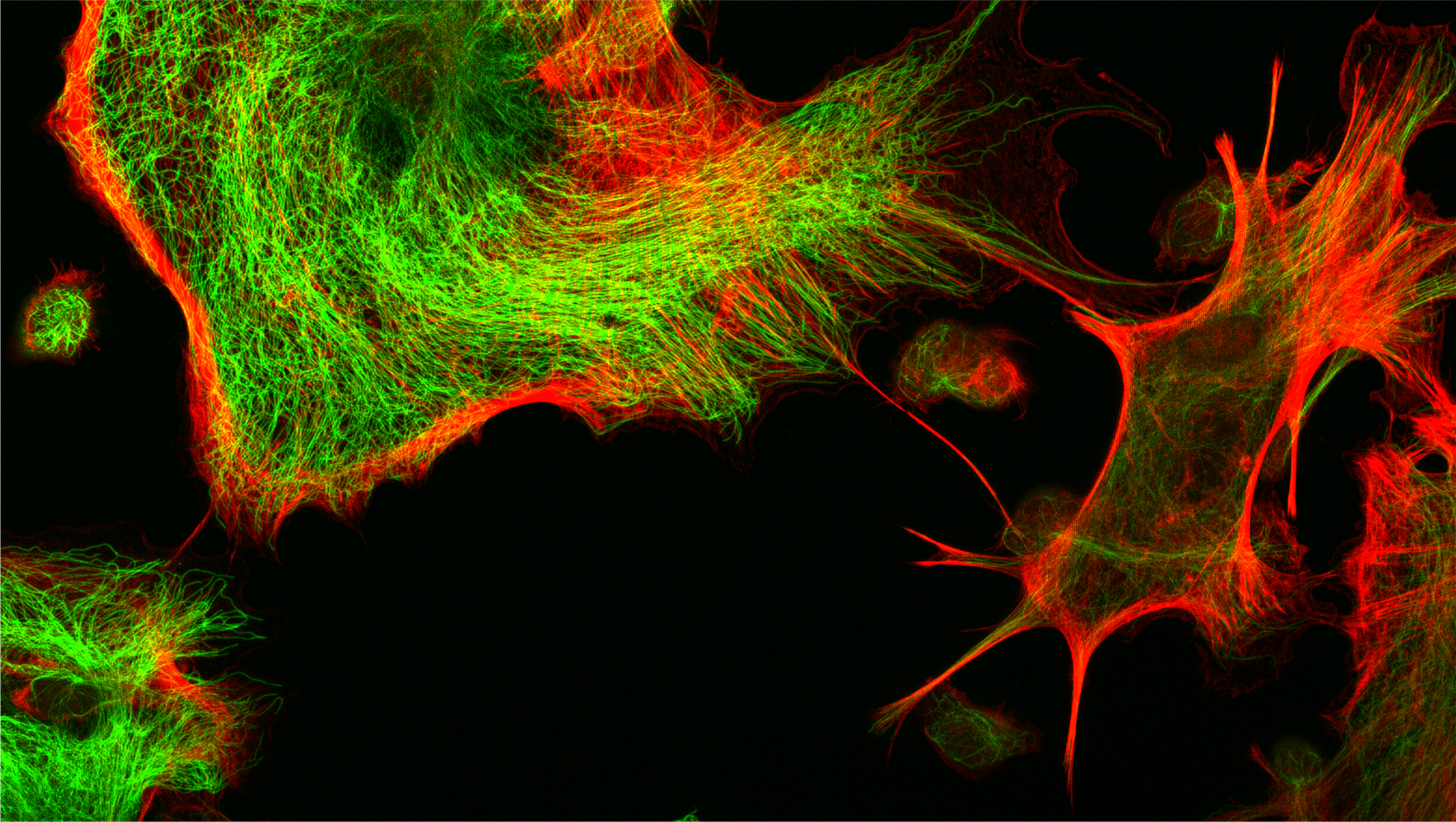Gravitational Biology

Life evolved in terrestrial gravity, which is the only environmental factor that has remained constant for billions of years. The lack of gravity during space travel poses health challenges to astronauts while providing unique insight in the fundamental mechanisms of gravity and mechano-sensing.
Indeed, biological systems perceive gravity directly and indirectly through mechanosensitive structures and pathways. The main scope of the Gravitational Biology Department is to better understand the impact of gravity on biological systems. Moreover, we assess implications of altered gravity on technology development.
Our goal is to elucidate molecular mechanisms of gravity perception and resulting biological responses ranging from single cells to human beings. We apply the acquired mechanistic knowledge to develop and refine countermeasures for space travel. Moreover, we translate findings on cellular mechano-sensing to terrestrial medicine in collaboration with medical departments in the Institute and elsewhere.
Another main focus is to improve closed biological life-support systems, which are a prerequisite for long-term human space missions. With our innovative DLR C.R.O.P.® (Combined Regenerative Organic food Production) technology we aim at optimizing waste recycling for food production. The technology is applicable for stations on Moon and Mars, but also for sustainable agricultural systems on Earth. Our Gravitational Biology research builds the basis for long-term human space exploration, guides human health research, and contributes to sustainable economic development on Earth.
Working Group and Topics
Bioregeneration (Dr. rer. nat. Jens Hauslage)
- Analysis of biogenic waste degradation by microbial trickle filters, optimization of the filters to generate maximal efficiency in producing plant nutrients
- Conversion of the laboratory set-up to applications in space and on Earth with the goal to reclaim water while generating fertilizers for space travel and terrestrial agriculture (urine, slurry)
Cellular and Molecular Neuromuscular Research
- Identification of gravity-sensitive responses of individual cell types that model various behavioral and physiological deconditioning phenotypes in humans with the focus on neuronal cells
- Verification of ground-based studies under hypergravity/simulated microgravity conditions in real microgravity using various platforms including DLR Mapheus sounding rockets, drop-tower, parabolic aircraft flights, and the Biolab and Flumias device on the ISS
